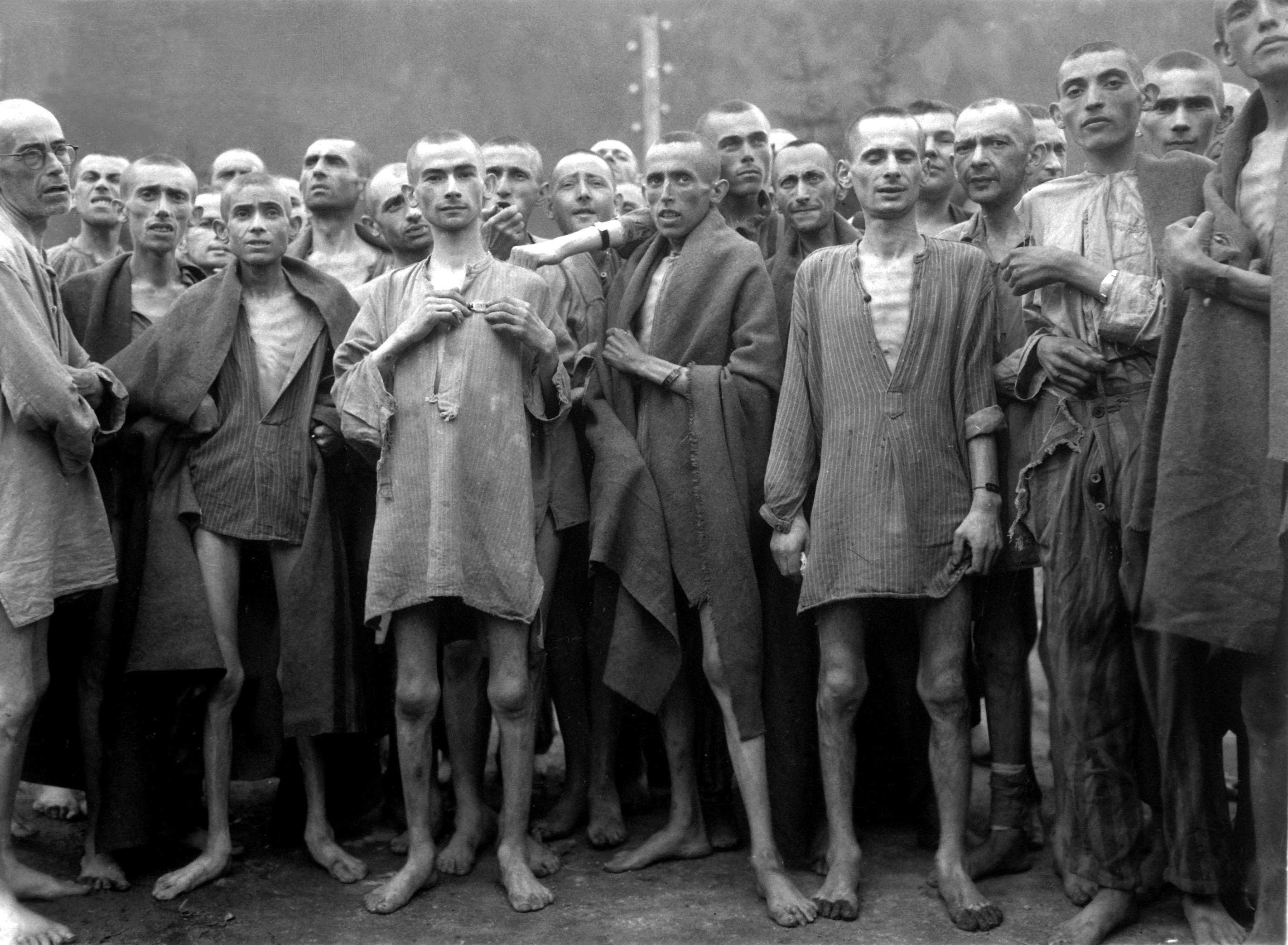Today is Holocaust Memorial Day, a day when we in the UK remember those who suffered and died under Nazi persecution. But what is the best way of remembering?
The Holocaust, or Shoah, was the Nazi genocide perpetrated against the Jews from 1941 to 1945, when around six million lost their lives. At the same time, the Nazis also murdered around five million Romanis, ethnic Poles and other Slavs, Soviet POWs, communists, homosexuals, Jehovah’s Witnesses and the mentally and physically disabled. The date of HMD was chosen as it is the anniversary or of the liberation of the Auschwitz death camp.
As a member of the Jewish community, I have seen many different ways of marking – or attempting to mark – this great historical crime. For British Jews, the Holocaust is still a raw wound despite it having ended over 70 years ago. There are still many living survivors and almost every Jew lost a family member or knows someone who did.
For some, the sheer horror of the Holocaust overwhelms any attempt to find “lessons”. For others, the only real lesson is that evil exists and god probably doesn’t. For many, the Holocaust shows that Jews can never again rely on other nations for protection.
For me, the Holocaust is so overwhelming, so unbelievable, that there is no single clear lesson to be learned. I think it is most important simply to remember, as it is probably more natural, and comforting, to forget. To face a horror which is, thankfully, so alien to our lives in the UK today.
But if I were to pick a lesson, it is that the Holocaust is clear proof that humanity is not on an inevitable path to enlightenment. People knew all about the rights of man, democracy, equality and justice in the 1930s. The Weimar Republic, the cradle of Naziism, was lauded as a perfect democracy. Its constitution was a model of equality and individual rights.
And yet, the Holocaust happened. Liberalism lost and evil won. Why so? Perhaps it was because good people did nothing. Or maybe because by the time they came for the Jews, the homosexuals, the disabled, too few had spoken up.
For me, the lesson of the Holocaust is that it is comforting to think, complacently, that we have reached the end of history, but the reality is that every era contains evil and some of the fault is always borne by those who stand by and do nothing.
The European Convention on Human Rights (ECHR) was drafted mostly by British lawyers in 1950 and signed by the UK in 1953. Some of the rights reflected those contained in instruments that pre-dated the Holocaust by hundreds of years, for example the 1689 British Bill of Rights, the 1789 French Declaration of the Rights of Man and The Citizen and 1791 United States Bill of Rights.
But the ECHR also incorporated wisdom gained from the horrors of the 1940s. It was an attempt, along with the Universal Declaration of Human Rights to create an international standard which would, if enforced, prevent a repetition of events such as the Holocaust.
What was new about the ECHR was that it was enforceable. Not just nice words, but a mechanism, the European Court of Human Rights, which could give people a way of claiming their rights. And the states which signed up to the ECHR agreed to abide by it.
The ECHR, like its UK equivalent the Human Rights Act, has done a huge amount of good. It is also regularly criticised by MPs, who don’t like judges interfering, and the tabloid press, who don’t like immigrants and the right to privacy.
But the ECHR has been by far the most successful international human rights law in history. That success was built in part on the still raw memory of the Holocaust. European leaders, for a while, remembered that Nazi tyranny began not with the death camps but with a million tiny cuts to liberty.
As Pierre-Henri Teitgen, one of the founders of the ECHR put it:
Democracies do not become Nazi countries in one day. Evil progresses cunningly… one by one freedoms are suppressed, in one sphere after another. Public opinion and the entire national conscience are asphyxiated. And then, then everything is in order, the ‘Führer’ is installed and the evolution continues even to the oven of the crematorium. It is necessary to intervene before it is too late.
Today, freedoms are being suppressed all over the world, as well as at home. Whether it is in the ethnic cleansing of Christians by ISIS or the mass surveillance of populations by Western governments. There are many, many battles to be fought.
Human rights are not going to prevent another Holocaust. But they are a blueprint for a fair, just and equal society. It is for every generation to build a rights-based society based on that plan. And that is how I choose to remember the Holocaust.
- Subscribe for free human rights updates straight to your inbox







